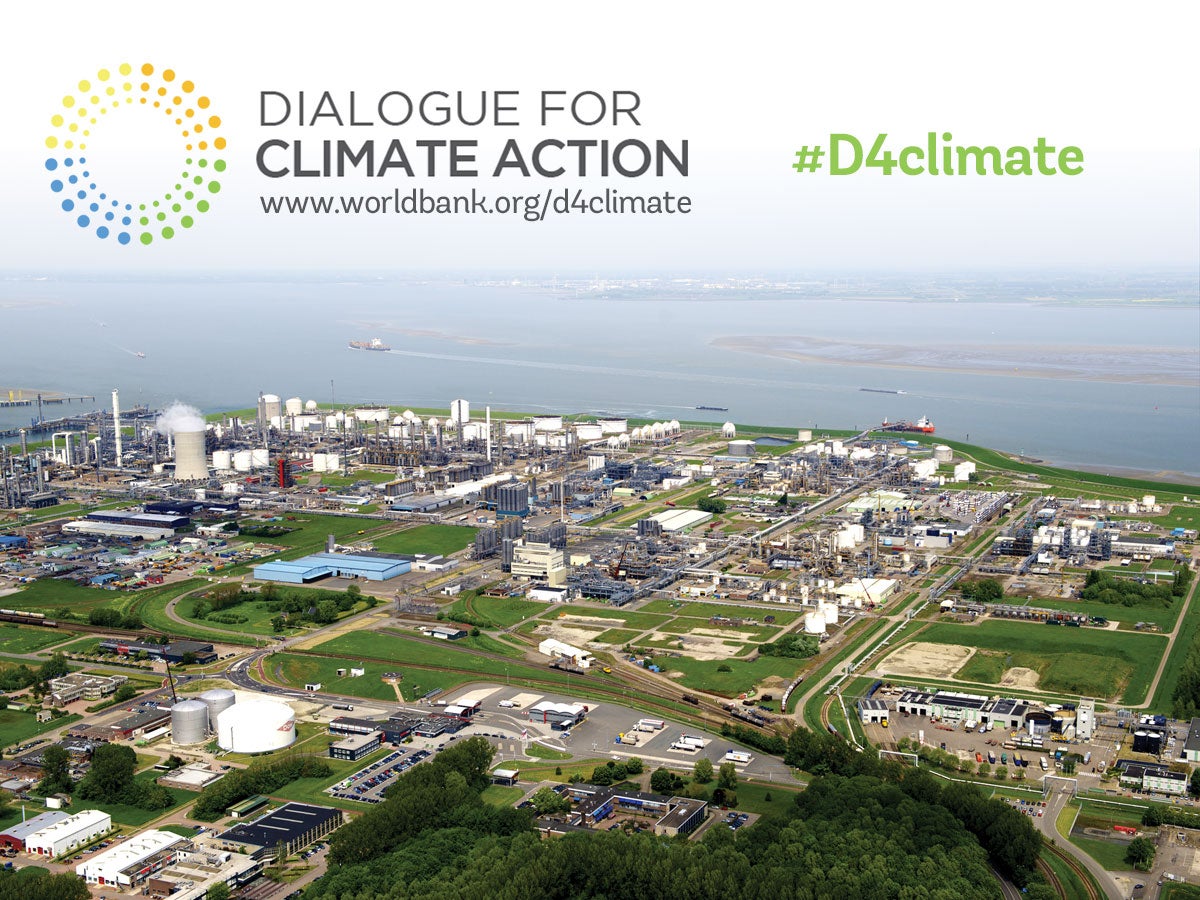
The historic agreement reached in Paris at the 21st Conference of the Parties (COP21) last December sets out an ambitious plan for signatory countries to achieve specific targets for reduced greenhouse-gas (GHG) emissions. The Paris Agreement includes significant financial commitments and the establishment of structures and mechanisms by which countries will design and implement viable policies to meet agreed-upon goals.
COP21’s major message is one of collaboration: The Paris Agreement unites 177 nations in a single agreement to tackle climate change. Governments set the goal at COP21, but they will need action by the private sector to meet it. One cannot operate without the other.
Industries, which are responsible for 21 percent of direct GHGs worldwide, long resisted the idea of going green, fearing high costs. However, dramatic recent decreases in the cost of climate-friendly technologies, as well as the introduction of carbon pricing, has changed industry perspectives.
More and more businesses are now embracing climate-smart investments, and the driver of such change is, not least, self-interest. A recent study looked at a sample of 1,700 leading international firms and found that money put into reducing GHG emissions saw an internal rate of return of 27 percent – a clear indication that those investments are paying off.
The Science Based Targets initiative is one illustration of industry’s commitment to playing its part in decarbonizing the global economy. The initiative is a partnership between Driving Sustainable Economies, the UN Global Compact, the World Resources Institute and the World Wildlife Fund, helping companies determine how much they must cut emissions to prevent the worst impacts of climate change. So far, 155 companies have signed up for the initiative: Thirteen of them have successfully developed science-based targets which, by themselves, are projected to reduce emissions by 874 million tons of carbon dioxide – the equivalent of the yearly emissions of 250 coal-fired power plants.
The private sector is thus clearly showing its willingness to adopt new technologies to stop climate change. At COP21, for the first time, CEOs from industries ranging from textiles to technology companies pledged to scale-up efforts on climate action by decreasing their carbon footprint, ensuring cleaner energy inputs and investing in new technologies. Global financial institutions have pledged hundreds of billions of dollars in new investments over the next 15 years in clean energy and energy efficiency.
The amount of work that needs to be done, however, is considerable. Developing countries will need about $100 billion of new investments by 2020 to bolster their economic resilience against the effects of climate change. Mitigation costs are expected to balloon to between $140 billion and $175 billion annually by 2030.
The key, then, is to accelerate these investments in emerging economies. Cooperation between governments and the private sector can act as a powerful catalyst, and dialogue between the two will be essential. There is no time to lose: Urgency is imperative, because the window for action is narrow. Record hot days and months have now become the new norm. Arctic ice is melting at a record pace, with temperatures last winter reaching 6 degrees Celsius above their long-term average. More than 90 percent of coral reefs in and around Australia’s Great Barrier Reef system have succumbed to coral bleaching.
Dialogues between businesses and governments help build trust, close knowledge gaps, spur action, generate a sense of combined ownership of agreed-upon actions, and promote collaboration so as not to harm industry competitiveness.
Such public-private dialogues, in the area of climate change and elsewhere, have of course been occurring over the years and have demonstrably been effective in bringing about sustainable and positive change. That experience provides a foundation that can now be reinforced by a set of principles on climate change strategies.
The World Bank Group, along with a broad coalition of partners, has formulated a set of voluntary principles for shaping a dialogue that will catalyze climate action. These principles are focused on bringing the public sector and the private sector together into a single, well-structured platform to identify challenges and to implement climate solutions.
The consultative process of drafting six principles to guide the establishment and enhancement of climate dialogues at the global, regional, national, and local levels will culminate in the launch of the “Principles for Dialogue on Climate Action” at the Dialogue for Climate Action to be held in Vienna, Austria on May 24 and 25. We expect that the conference – bringing together CEOs, industries, policymakers and civil-society activists – will inspire strong steps to advance an inclusive agenda to promote climate-competitive industries that will confront the challenge of reducing GHG emissions and easing the threat of climate change.


Join the Conversation